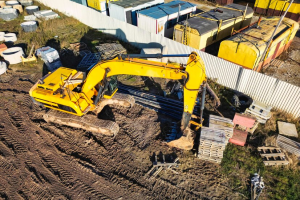3 Things You Should Know about Localization

Man hands working on laptop
There are thousands of languages in the world. These languages are important aspects of culture and personality, and there are many unique characteristics of different languages. To ensure content makes sense when it’s translated, it’s localized. Here are three things you should know about localization.
1. You Can Buy And Sell Services
Localization brokerage services, or the selling of language services to and buy businesses, are extremely important. These services are particularly important in the global economy, due to the number of countries where your company may be doing business. If you want to access localization services, make sure you find a provider who has experience in the languages you want to translate and localize your content to.
2. There Are Common Localization Needs
Every language is different, but there are some aspects of language that commonly need localization services. For example, English has differences in spelling, sentence structure, word usage and date formats, depending on whether your audience speaks American or British English. Every language has regional and national differences. Other common differences include how phone numbers are formatted, whether the region uses a twelve-hour clock or a twenty-four-hour one and how addresses are written.
3. It’s the Next Step of Translation
Localization is not technically translation. Rather, it’s an important aspect of translation. A translation of text may be technically correct, but if you don’t also localize that text, a reader may find it stilted, awkward or confusing. You translate text to another language and then localize it to ensure it flows naturally.
Localization ensures that not only is a work translated accurately to another language but that it is translated in such a way that the work makes sense to someone from a different culture than the writer. Literal translations may be technically correct, but they can still be confusing due to cultural differences.








